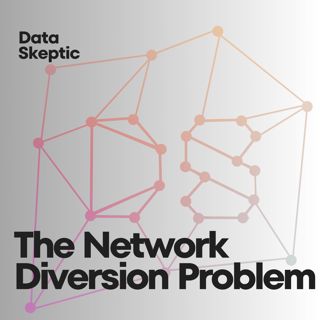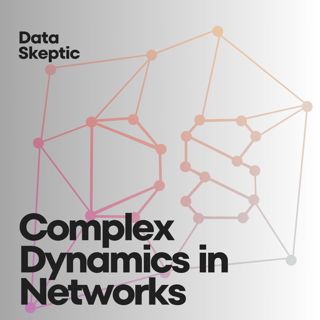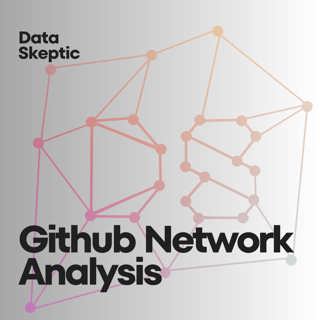
The Network Diversion Problem
In this episode, Professor Pål Grønås Drange from the University of Bergen, introduces the field of Parameterized Complexity - a powerful framework for tackling hard computational problems by focusing on specific structural aspects of the input. This framework allows researchers to solve NP-complete problems more efficiently when certain parameters, like the structure of the graph, are "well-behaved". At the center of the discussion is the network diversion problem, where the goal isn't to block all routes between two points in a network, but to force flow - such as traffic, electricity, or data - through a specific path. While this problem appears deceptively similar to the classic "Min.Cut/Max.Flow" algorithm, it turns out to be much harder and, in general, its complexity is still unknown. Parameterized complexity plays a key role here by offering ways to make the problem tractable under constraints like low treewidth or planarity, which often exist in real-world networks like road systems or utility grids. Listeners will learn how vulnerability measures help identify weak points in networks, such as geopolitical infrastructure (e.g., gas pipelines like Nord Stream). Follow out guest: Pål Grønås Drange
6 Juli 46min

Complex Dynamic in Networks
In this episode, we learn why simply analyzing the structure of a network is not enough, and how the dynamics - the actual mechanisms of interaction between components - can drastically change how information or influence spreads. Our guest, Professor Baruch Barzel of Bar-Ilan University, is a leading researcher in network dynamics and complex systems ranging from biology to infrastructure and beyond. BarzelLab BarzelLab on Youtube Paper in focus: Universality in network dynamics, 2013
28 Juni 56min

Github Network Analysis
In this episode we'll discuss how to use Github data as a network to extract insights about teamwork. Our guest, Gabriel Ramirez, manager of the notifications team at GitHub, will show how to apply network analysis to better understand and improve collaboration within his engineering team by analyzing GitHub metadata - such as pull requests, issues, and discussions - as a bipartite graph of people and projects. Some insights we'll discuss are how network centrality measures (like eigenvector and betweenness centrality) reveal organizational dynamics, how vacation patterns influence team connectivity, and how decentralizing communication hubs can foster healthier collaboration. Gabriel's open-source project, GH Graph Explorer, enables other managers and engineers to extract, visualize, and analyze their own GitHub activity using tools like Python, Neo4j, Gephi and LLMs for insight generation, but always remember – don't take the results on face value. Instead, use the results to guide your qualitative investigation.
22 Juni 36min

Networks and Complexity
In this episode, Kyle does an overview of the intersection of graph theory and computational complexity theory. In complexity theory, we are about the runtime of an algorithm based on its input size. For many graph problems, the interesting questions we want to ask take longer and longer to answer! This episode provides the fundamental vocabulary and signposts along the path of exploring the intersection of graph theory and computational complexity theory.
14 Juni 17min

Power Networks
16 Maj 41min

Unveiling Graph Datasets
8 Maj 44min

Network Manipulation
In this episode we talk with Manita Pote, a PhD student at Indiana University Bloomington, specializing in online trust and safety, with a focus on detecting coordinated manipulation campaigns on social media. Key insights include how coordinated reply attacks target influential figures like journalists and politicians, how machine learning models can detect these inauthentic campaigns using structural and behavioral features, and how deletion patterns reveal efforts to evade moderation or manipulate engagement metrics. Follow our guest X/Twitter Google Scholar Papers in focus Coordinated Reply Attacks in Influence Operations: Characterization and Detection ,2025 Manipulating Twitter through Deletions,2022
30 Apr 40min




















